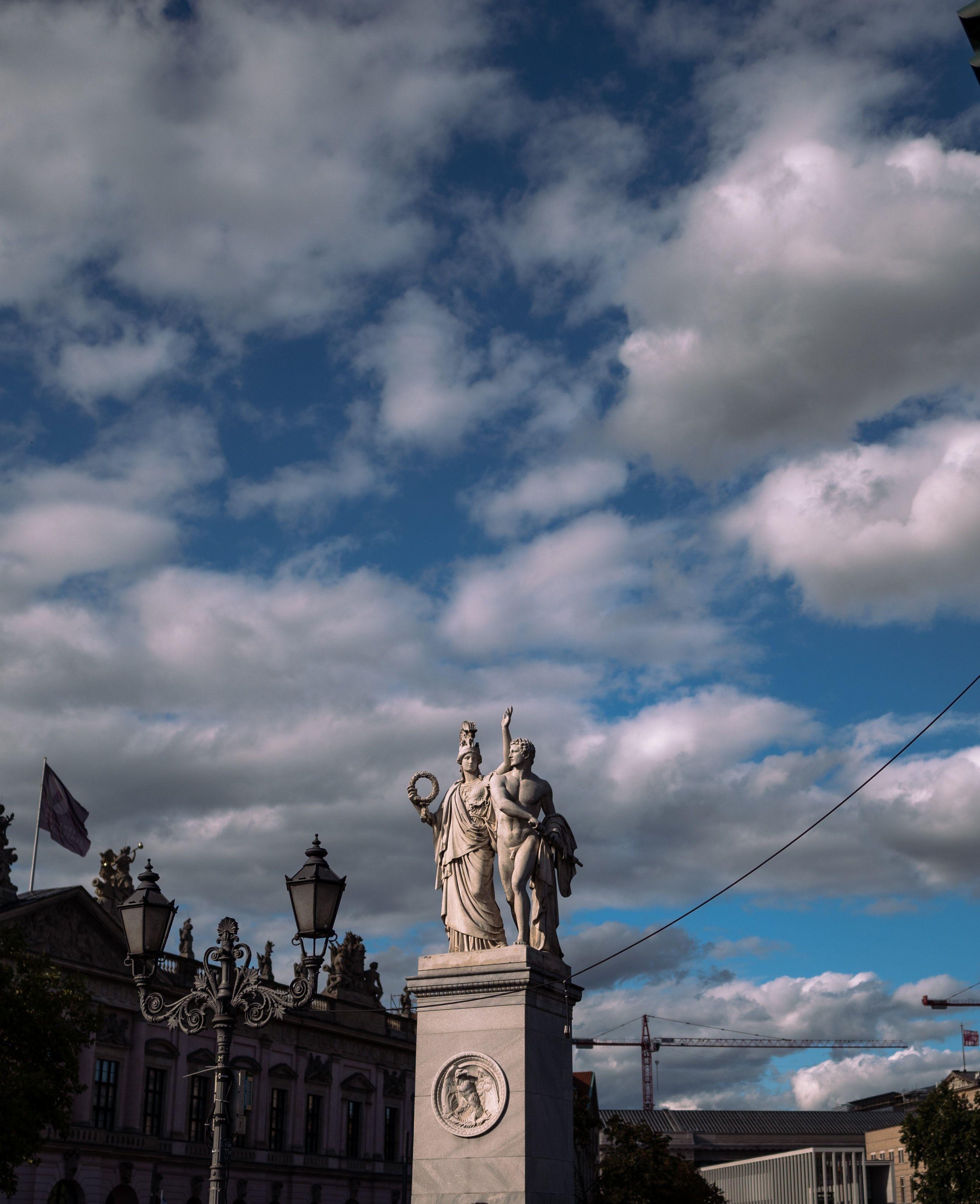History of Athens: The Battle Between Athena and Poseidon
When we talk about history and ancient civilizations, one of the first things that comes to mind is Greece and its wonderful mythology. Millions of tourists visit annually to explore more about how this civilization arose and to admire the marvelous temples that are still standing, or the interesting ruins of ancient cities that are still found all over the country.
Clearly the Greek capital, Athens, is not excluded from the list of most historic cities. It is one of the oldest inhabited cities in the world, and served as a cultural center of the West, where ideas were developed that are still current today. The imposing Parthenon and the Acropolis as a whole are clear examples of what life was like thousands of years ago.
If you're wondering where the name Athens comes from, you might have an idea. The story of Athena, known as the goddess of war, civilization, wisdom, justice, law, and many more, is undoubtedly one of the most interesting that every tourist should know when visiting the city. History says that Athena was the firstborn daughter of Zeus, and it is said that she was born fully armed, being known for being unbeatable in war.

Here enters another important character of Greek mythology, the famous Poseidon, known as the god of the seas, rivers, oceans, earthquakes, and storms. Like Athena, Poseidon was renowned for his strength and used his trident to cause earthquakes and shipwrecks when he was upset.

Competing for Athens
As the city of Athens rose, the citizens sought a god to guide and protect them. Because both Poseidon and Athena were interested in being gods of that city, Zeus had to intervene by allowing the people to vote on who would reign in Athens.
They reached an agreement that both gods would give a gift to the Athenians so that they could decide who would be the protector of the city. Poseidon, using his advantage over the sea, used his trident to create a source of salt water, which was not very useful for the citizens and which could affect the crops and flood the city. On the other hand, Athena offered an olive plant, from which they could get food, wood, and oil as well as relieve wounds and give strength, which captivated the villagers, who voted in her favor and elected her protector of Athens.
Another part of the story mentions that Poseidon gave the horse as a gift to the citizens, which came out of the seas, and the Athenians were enchanted with such beauty. However, Athena's olive tree was kinder and more beneficial to them. Another second mythology mentions that the result of the votes was divided and that all the men voted for Poseidon and all the women for Athena, the latter winning by one vote.
Whatever the true story is, in both cases Poseidon did not accept the decision of the Athenians and, as a consequence, flooded the city with his powers. Zeus intervened and ordered Poseidon to stop the flood in exchange for punishing the women who voted for Athena and making him the loser of the throne. As a result of these events, women were punished by losing the right to vote and being instructed in patrilineal descent, which is why sons began to use their fathers' surnames.
This is just one of the almost infinite myths that exist in Greece. The city of Athens has maintained the custom of using the olive tree in its gastronomy, which is part of Greek culture and has expanded throughout the Mediterranean. Explore our travel packages to Greece and experience the Greek gods' mythology in person!